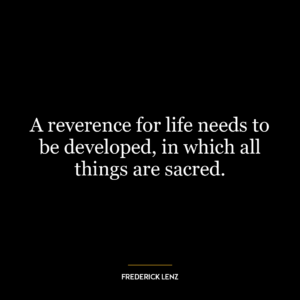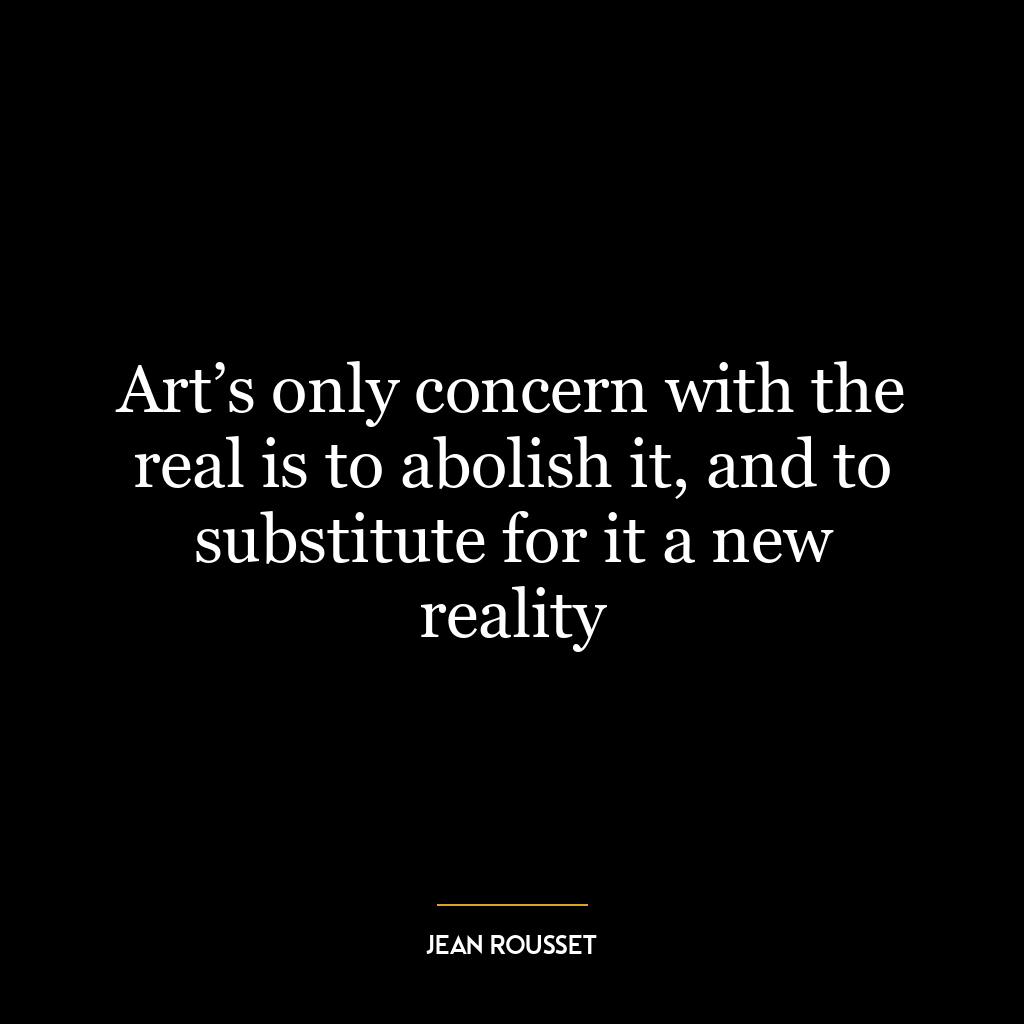Sex can never bring about enlightenment. Only enlightenment brings about enlightenment.
This quote suggests that enlightenment, a state of profound understanding or spiritual awakening, cannot be achieved through physical pleasures or experiences, such as sex. Instead, it is attained through a deep, personal journey of self-discovery, reflection, and growth. In this context, sex is used as a metaphor for all sensual or materialistic pursuits that are often mistaken as paths to enlightenment.
The quote emphasizes that true enlightenment comes from within and is not influenced by external factors. It’s about transcending physical desires and attachments, and connecting with a higher level of consciousness. This doesn’t mean that sex or other physical pleasures are inherently bad or should be avoided. Rather, it suggests that they are not enough on their own to achieve a state of enlightenment.
In today’s world, this quote could be applied to the pursuit of material wealth, fame, or power. Many people believe that achieving these things will bring them happiness or fulfillment, but according to this quote, true enlightenment cannot be found in them.
In terms of personal development, it encourages individuals to look beyond surface-level desires and seek deeper understanding and growth. This could involve practices such as meditation, mindfulness, or other forms of spiritual exploration. It’s about finding fulfillment and peace within oneself, rather than relying on external factors.
Overall, the quote reminds us that the path to enlightenment is a deeply personal and internal journey, and it cannot be achieved through external or physical experiences alone. It’s a call to prioritize inner growth and self-awareness over materialistic or sensual pursuits.















